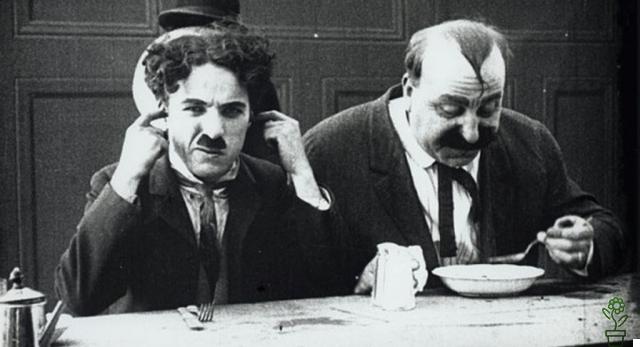
Some people are more sensitive than others, and are very bothered by some environmental stimuli that others often go unnoticed. For highly sensitive people, bright light, clutter, a stronger-than-usual smell or some sounds can be torture.
There is a special sensitivity called misophony involving an aversion to everyday sounds made by other people, such as chewing, coughing, or swallowing. In fact, these people cannot tolerate the sound that others make when they chew, a problem that affects around 20% of the population.
Misophonia: The visceral discomfort that cannot be explained
The sounds that disturb the person suffering from misophonia usually have a very low intensity of the order of 40-50 decibels, which means that they are well below normal conversation, so that in many cases they are barely audible to the rest of the people. .
But for those suffering from misophonia these sounds can become torture. Listening to someone chewing can generate stress, irritation, and in extreme cases even violent anger. For this reason, sometimes discussions arise at the table.
The person with misophonia may ask the other diner to chew slower and quietly, but the person may feel attacked and don't understand how such a low sound can cause so much discomfort. As a result, she concludes that that person has something against her, that she is angry for no reason or bitter for other reasons, and takes it out on her.
To avoid arguments, the person with misophonia sometimes prefers to remain silent and maybe gets up and leaves the table. But this gesture also generates the irritation of the other diners who do not understand his attitude.
Interestingly, the feeling of discomfort is amplified even more when the sounds come from close people. This hypersensitivity often creates problems in interpersonal relationships because other people feel rejected.
What are the causes of misophonia?
At the base there is a problem of tolerance to sounds. One hypothesis is that it is a neurological disease, probably in the structures of the upper central nervous system. It could be caused by damage to the medial prefrontal cortex, or a tinnitus-like problem, a non-existent sound that's usually caused by damage to the hair cells in the cochlea.
Another hypothesis indicates a correlation between misophonia and obsessive-compulsive disorders, underlining the existence of negative experiences related to these sounds. In practice, this repulsion could come from a minor trauma that triggered an excessive response of the amygdala, without control of the prefrontal lobes. Therefore, the person would undergo a visceral reaction which is very difficult to control.
In fact, even if the person tries, he cannot stop hearing that sound. In this regard, a study conducted at the University of California is revealing. These neuroscientists decided to test whether the aversion to those sounds was real. To do this, they asked people with misophonia to listen for a series of beeps and assess the level of discomfort it caused them. Another group of people who did not suffer from this problem listened to the same sounds and had to indicate how disturbed they felt.
While exposed to the sounds, some electrodes measured the electrical conductivity of the skin to detect the level of physiological activation. The results showed that people with misophonia sweated more and exhibited a higher level of physiological arousal when faced with sounds such as chewing gum. However, when they heard more soothing sounds, such as the sound of rain, they did not show this reaction.
Learn to focus on what is positive
There are several strategies for dealing with misophonia. Before reaching the point of no return, when anger takes over, it is possible to reduce the noise. For example, the hum of a running fan, the sound of soothing music, or a device emitting white noise can all be satisfying.
It would also be convenient to explain to the people who are important to you what happens to you, so at least they understand that it is not a simple rejection or bad mood, but a real problem that you have to fight every day.
Also, keep in mind that any situation, however negative it may seem, can always have a positive side. A study by psychologists at Northwestern University revealed that the more influenced you are by such noises, the more likely you are to be a creative genius.
In fact, creativity has been linked with a level of attention above the norm. We all have a sensory input system that has a neurological basis and allows us to eliminate all those unnecessary stimuli so that the brain does not end up congested. However, these psychologists worked with 84 people and found that those who were unable to filter out irrelevant stimuli, such as low-intensity ambient sounds, were also more creative.
According to this research, having a “leaky” sensory input system allows us to integrate ideas and concepts that escape attention, resulting in more creative solutions in the real world. Therefore, while misophonia can cause headaches, it can also be a boon. You just have to learn to control it.


























